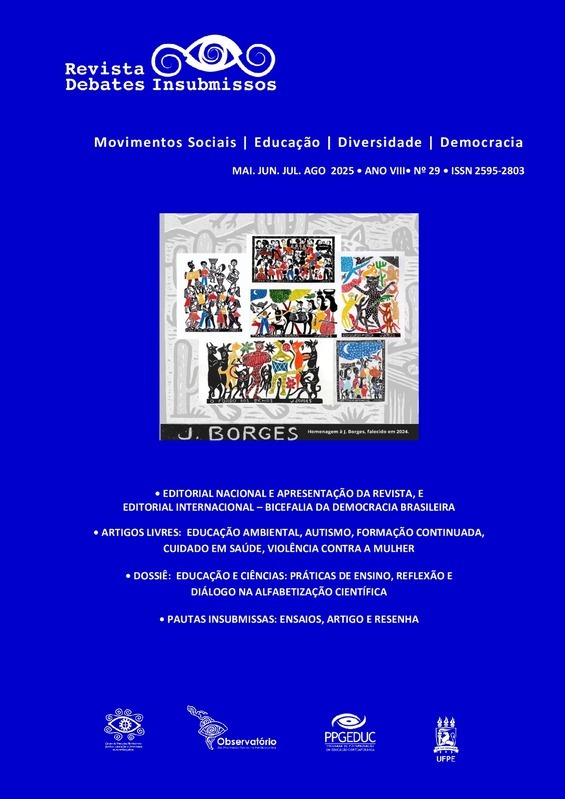VIRTUE, FORTUNE, AND POLITICAL REALISM: METHOD AND LEADERSHIP IN THE PRINCE BY MACHIAVELLI
DOI:
https://doi.org/10.32359/debin2025.v8.n29.p237-249Keywords:
Virtù; Fortuna; Realismo Político.Abstract
This study adopts a qualitative approach to analyze “The Prince” by Niccolo Machiavelli. We use a hermeneutic method to interpret his central ideas about power, Virtù and Fortuna, carrying out critical readings of excerpts that highlight the relationship between political practices and human nature. The selection of texts focuses on passages that discuss the dynamics between ethics and pragmatism in politics. The aim is to challenge simplistic interpretations, recognizing the complex interaction of factors that influence policy and the importance of leaders' strategic decisions. We conclude that Machiavelli's work stimulates reflection on the ability of leaders to shape the collective will, offering essential insights for understanding politics in complex societies.
References
BERCOVICI, Gilberto. Soberania e Constituição: para uma crítica do constitucionalismo. São Paulo: Quartier Latin, 2008, p. 384.
BIANCHI, Álvaro. Croce, Gramsci e a Autonomia da Política. Revista de Sociologia e Política. v. 29, p. 15-30, 2007.
GRAMSCI, Antonio. Quaderni Del Cárcere. Edizione critica dell’Istituto Gramsci; a cura di Valentino Gerratana. 4 v. Torino: Einaudi, 2001, p. 3650.
MACHIAVELLI, Niccolò. O Príncipe: com comentários de Napoleão Bonaparte I e Cristina da Suécia. Tradução de Mário e Celestino da Silva. Brasília: Senado Federal, Conselho Editorial, 2019, p.160.
SKINNER, Quentin. As Fundações do Pensamento Político Moderno. (Vol. 2) - A era da reforma. Lisboa: Leya, 2023, p.428.
SALATINI, Rafael; Del Roio, Marcos (organizadores). Reflexões sobre Maquiavel. Marília: Oficina Universitária; São Paulo: Cultura Acadêmica, 2014, p.256.
Downloads
Published
How to Cite
Issue
Section
License

This work is licensed under a Creative Commons Attribution-NonCommercial-NoDerivatives 4.0 International License.



